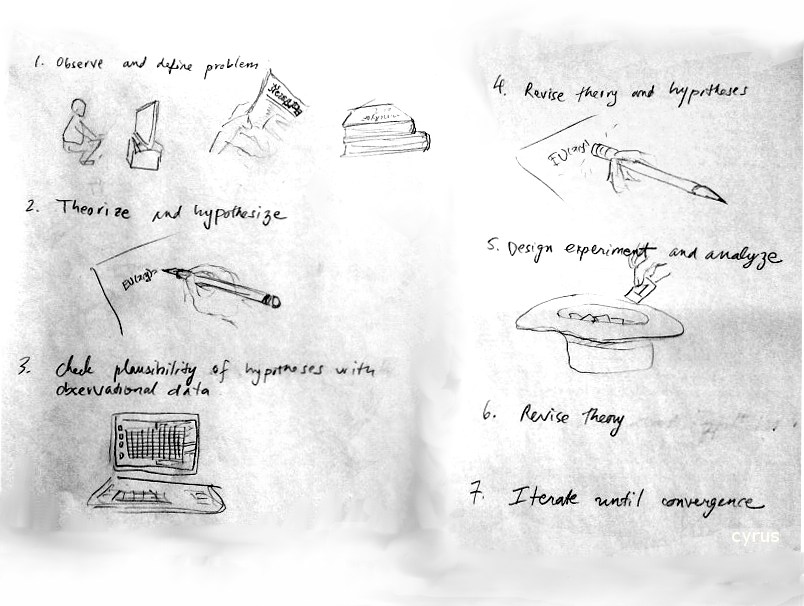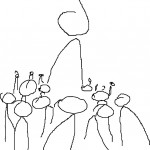Sometimes we just “feel” like doing something. By my reading of recent neuroscience, these situations may arise because somewhere in our brain there are processes that have determined that this “something” is optimal and the signals from these processes have overwhelmed signals from others that may have come to a contrary conclusion.
Our thoughts and actions are the result of numerous parallel processes. They are sometimes combined in an apparently sensible way giving us the illusion of an integrated self (link). But sometimes they do not come together in a sensible way and so we cannot immediately intuit a reason. We just feel like it.
The manner in which external stimuli and those parallel processes can mix is vast. So our urges to do things may take into account a vast number of dimensions of which we are barely familiar. So long as we let ourselves occasionally take actions because we “feel like it,” these processes reveal a preference ordering that we cannot access intentionally. In doing so we discover features of our inaccessible inner preference ordering. One implication is that we can misjudge ourselves just as much as we can misjudge others (link).



